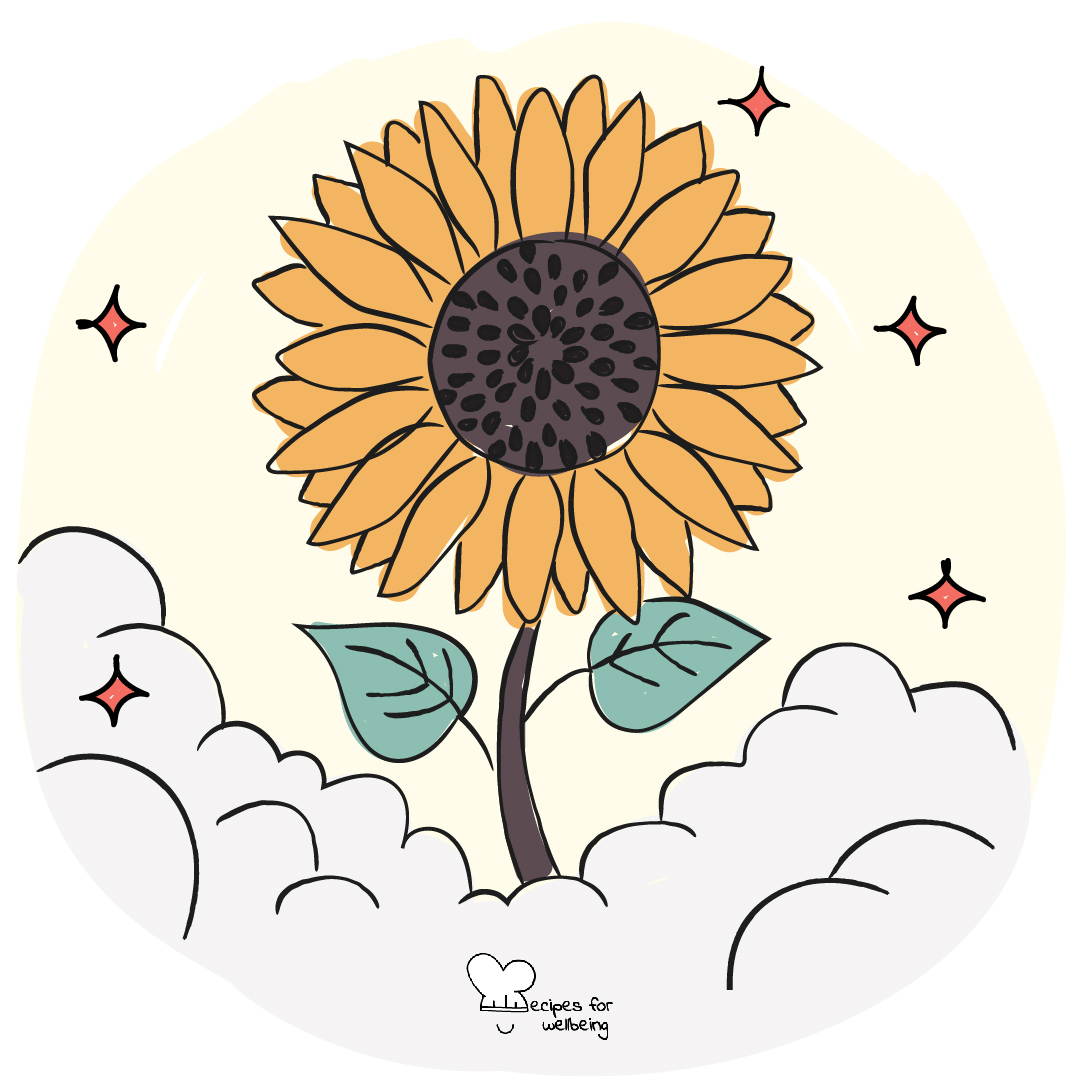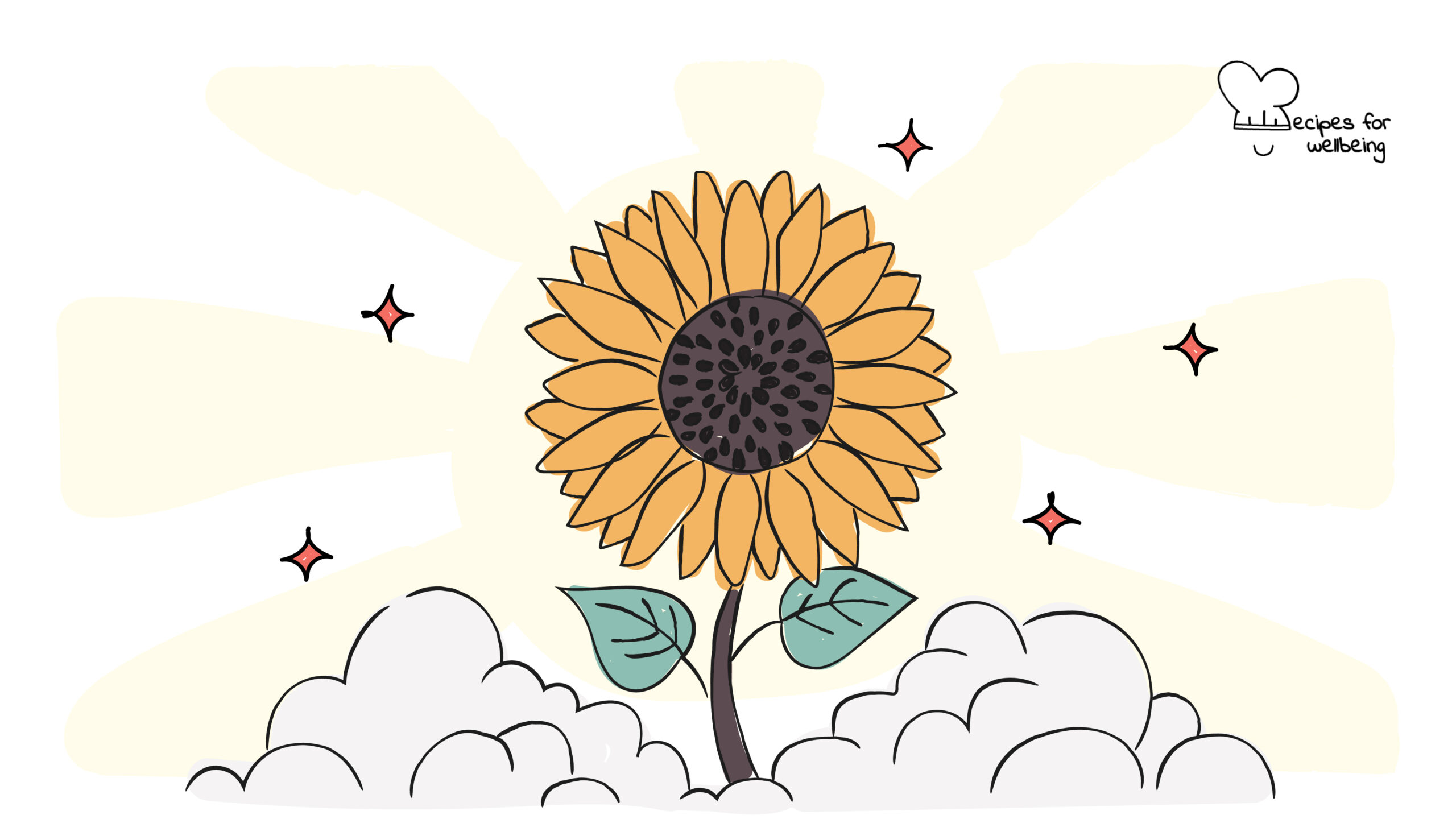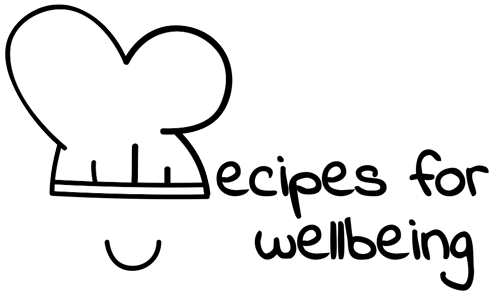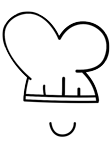
BRAVING
You are only free when you realize you belong no place – you belong every place – no place at all. The price is high. The reward is great. ―Maya Angelou
👥 Serves: 1 person
🎚 Difficulty: Medium
⏳ Total time: Ongoing
🥣 Ingredients: Non-judgement, Generosity, Accountability, “Braving the wilderness” book by Brené Brown (if you’re curious to find out more about it!)
🤓 Wholebeing Domains: Awareness, Community, Discomfortability, Liberatory Learning, Radical Care
💪 Wholebeing Skills: Accountability, Authenticity, Belonging, Non-judgement, Relating to Others, Respect, Self-awareness, Trust, Vulnera-bravery

BRAVING
📝 Description
A check-list to trust others and ourselves and brave the wilderness.
Sometimes changemakers feel completely alone and isolated in their efforts to create a better world. You might feel you do not belong anywhere. While it is beneficial to your wellbeing to find your “tribe” of changemakers that supports you in your life-long journey, you must also learn to belong to yourself and no one else. World-renowned author Brené Brown explains that we must in fact find the courage to “stand alone, totally alone” sometimes. You must learn “to brave the wilderness of uncertainty, vulnerability, and criticism.” As you embrace this mindset, you will realise that ultimately, you are always connected by love and the human spirit.
This recipe suggests two check-lists you can use to build and maintain trust in others and in ourselves. Trust is in fact an essential component to brave the wilderness and become the wilderness. The check-lists are summarised by the acronym BRAVING and share seven elements of trust emerged from Brené Brown’s work.
The following activity has been taken from Brené Brown’s book Braving the Wilderness – The Quest for True Belonging and the Courage to Stand Alone. The book redefines what it means to truly belong in an age of increased polarisation. She defines true belonging as “the spiritual practice of believing in and belonging to yourself so deeply that you can share your most authentic self with the world and find sacredness in both being a part of something and standing alone in the wilderness. True belonging doesn’t require you to change who you are; it requires you to be who you are.”
👣 Steps
Step 1 – Trust others
- Boundaries—You respect my boundaries, and when you’re not clear about what’s okay and not okay, you ask. You’re willing to say no.
- Reliability—You do what you say you’ll do. This means staying aware of your competencies and limitations so you don’t overpromise and are able to deliver on commitments and balance competing priorities.
- Accountability—You own your mistakes, apologise, and make amends.
- Vault—You don’t share information or experiences that are not yours to share.
- Integrity—You choose courage over comfort. You choose what is right over what is fun, fast, or easy. And you choose to practise your values rather than simply professing them.
- Non-judgement—I can ask for what I need, and you can ask for what you need. We can talk about how we feel without judgement.
- Generosity—You extend the most generous interpretation possible to the intentions, words, and actions of others.
Step 2 – Trust yourself
- Boundaries—Did I respect my own boundaries? Was I clear about what’s okay and what’s not okay?
- Reliability—Was I reliable? Did I do what I said I was going to do?
- Accountability—Did I hold myself accountable?
- Vault—Did I respect the vault and share appropriately?
- Integrity—Did I act from my integrity?
- Non-judgement—Did I ask for what I needed? Was I non-judgemental about needing help?
- Generosity—Was I generous toward myself?

